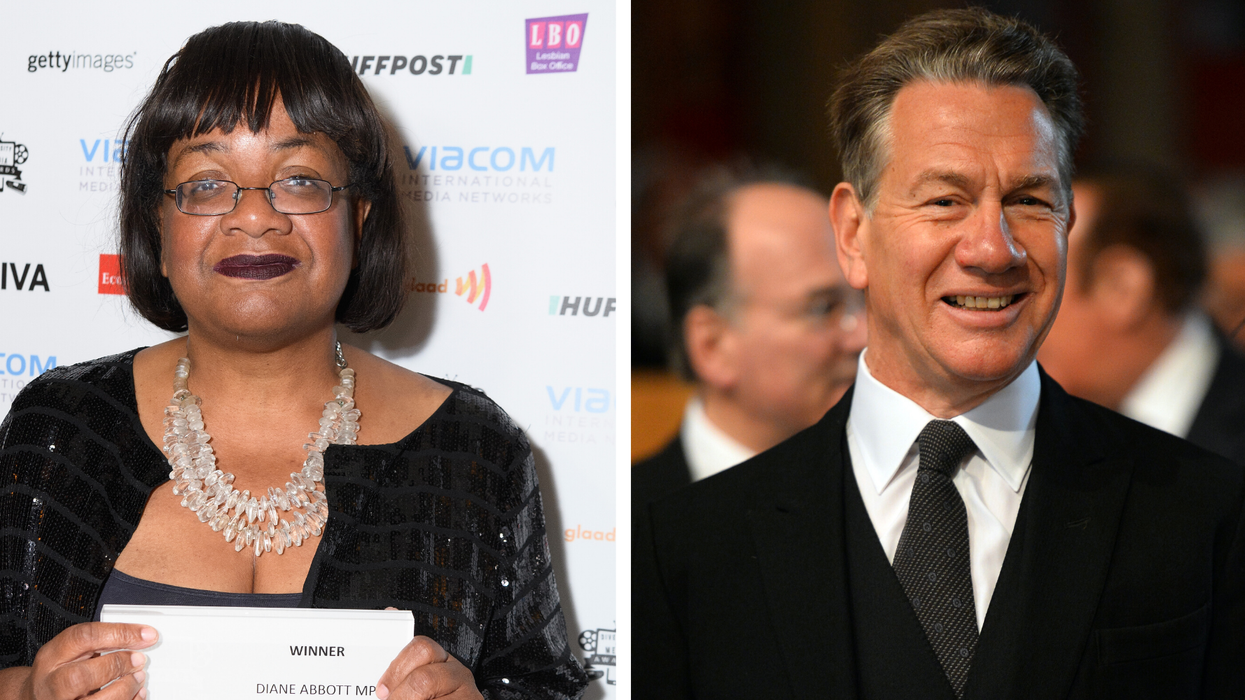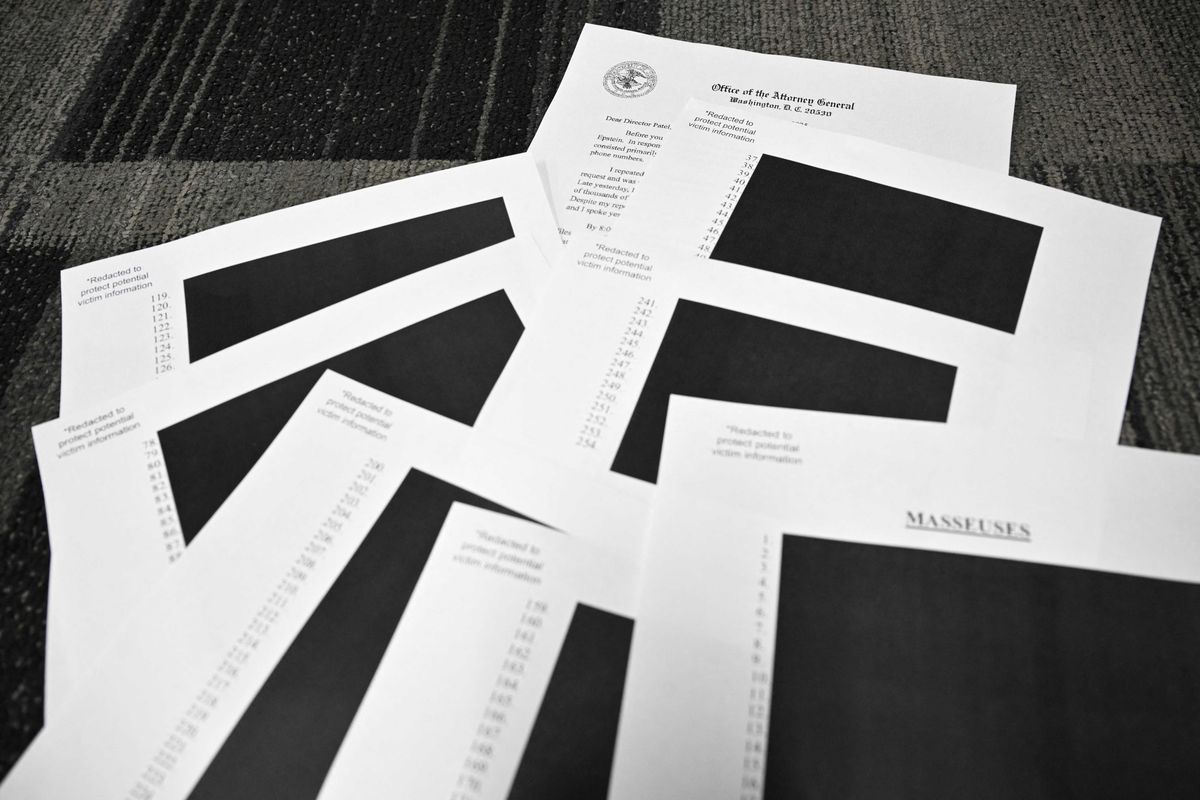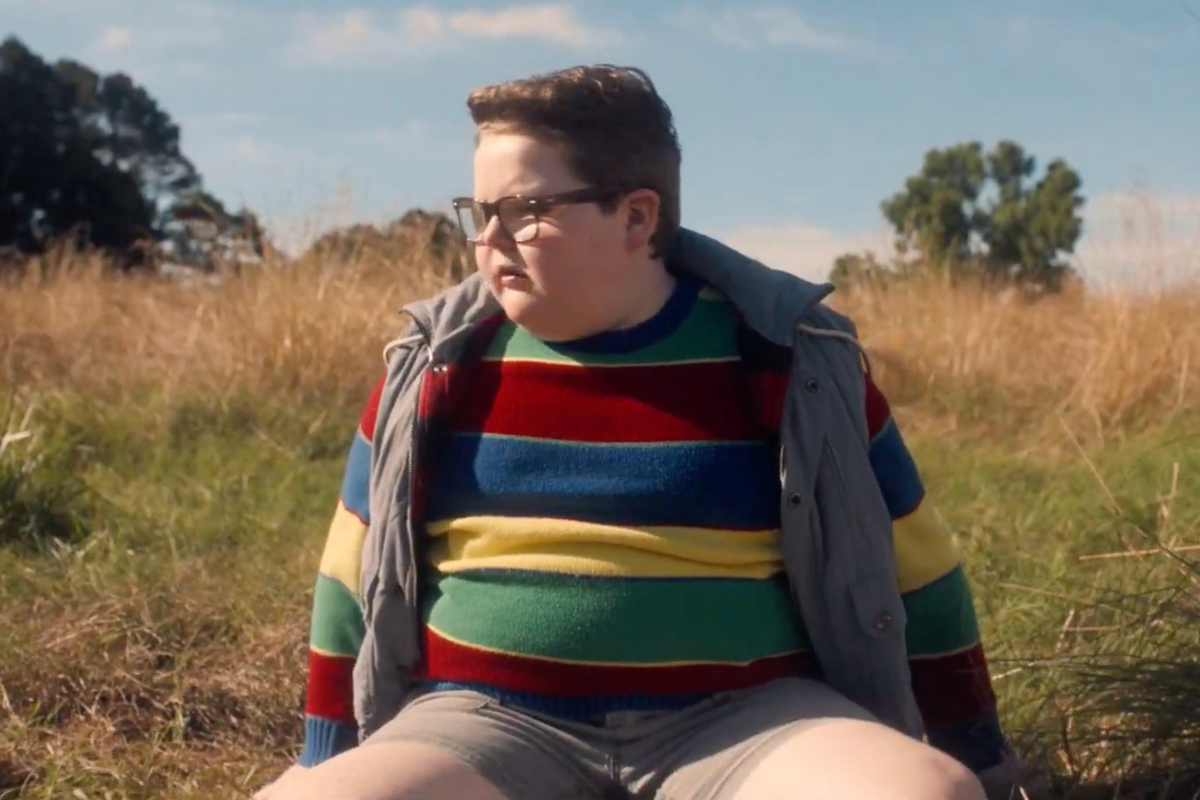News
Moya Lothian-McLean
Jul 13, 2020
Grief is a funny thing; it can strike you at any time.
Even years after the fact, remembrances can hit.
Which is what seems to have happened during a recent interview between ex-Tory MP Michael Portillo and Labour MP Diane Abbott.
Abbott and Portillo go way back; they both attended affiliated grammar schools in Harrow as teenagers and appeared in a co-ed school plays together.
After the pair went into politics, they were also regular commentators for their respective parties on This Week.
So reuniting them for an interview on the newly launched Times Radio seemed like a no-brainer.
But it didn’t go to plan when Portillo asked about Abbott’s parents.
Abbott was discussing her parents’ hopes for her, saying they had “no expectation” that she would become the only Black student from a state school in her year at Cambridge, and then an MP.
At this point Portillo made a strange remark that appeared to throw doubt on Abbott’s working class roots (her mother was a nurse and her father was a welder).
“You were living in the catchment area of Harrow Girls School,” Portillo says, which Abbott confirms.
“That’s not a terribly poor area,” he continues. “Are you saying they were poor, your parents?”
Abbott can be heard audibly catching her breath before replying slowly:
They didn’t have much money.
Portillo then says “You were able to dress properly and so on?”.
There is a pause, and Portillo says: “I think I may have upset you Diane. Let’s move on”.
He then tries to fill the silence, reminiscing about their school days, while Abbott remains silent.
Eventually Portillo offers her a glass of water and the clip ends.
And while some have decided the clip “outs” Diane for not having a childhood as impoverished as believed (which is frankly not true), others have called her apparent tears the result of revisiting tough memories.
It was deemed a “human moment”.
All I can hear here is a really human moment where @HackneyAbbott is remembering her parents, her justified irritat… https://t.co/8q6bqm9pQl— Paul Waugh (@Paul Waugh) 1594453184
And some said it revealed assumptions more privileged individuals might make about others.
For Portillo to think he is her friend but then just trample all over her history and painful experiences says a lo… https://t.co/ZgN8Rr1VIB— Mic Wright (@Mic Wright) 1594427374
People from across the political spectrum stood up for Diane and urged kindness.
@_SalmanAnwar Frankly, I don’t hear a silence that says “Oh no I’ve been outed” as many seem to. I hear a silence i… https://t.co/npooG3AT6T— Guy Russo 🔶 (@Guy Russo 🔶) 1594428099
For some, the question also reminded them of similar experiences and common misconceptions around social mobility – especially from people who come from far more fortunate circumstances.
If you grow up watching your parents really fight and struggle against poverty and racism to provide for you just t… https://t.co/MXIBikhBGS— Jason Okundaye (@Jason Okundaye) 1594473964
Overall, it was an incredibly loaded and poignant moment that seemed to strike a chord regarding privilege, race and poverty for many people.
Just a shame it took a public moment of grief to do that.
Top 100
The Conversation (0)














